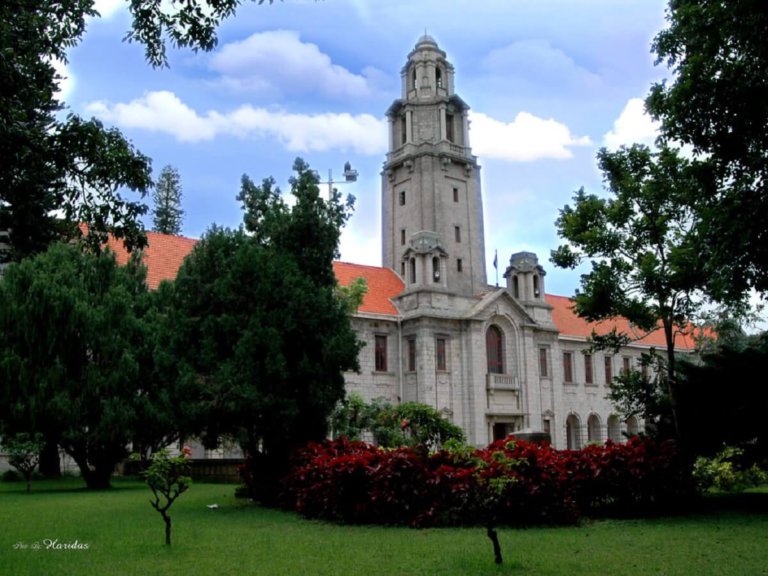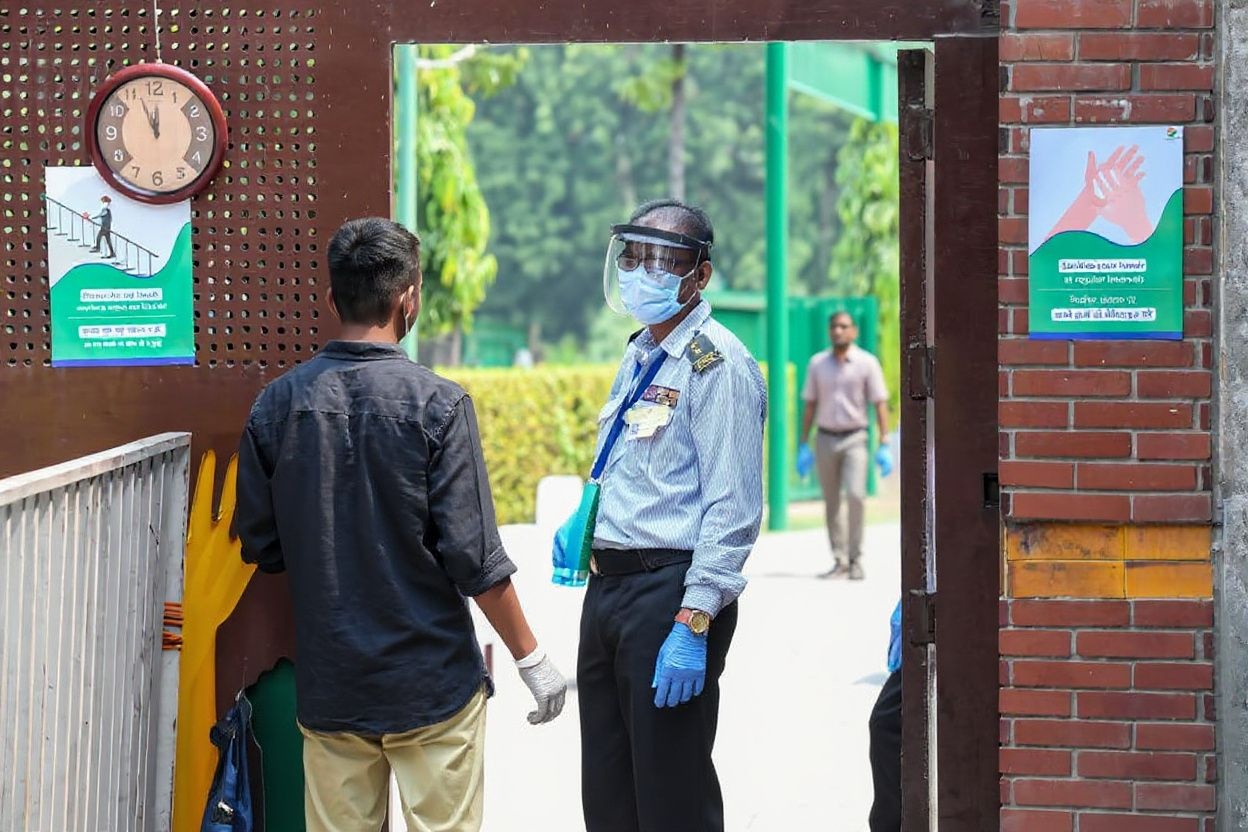
Quacquarelli Symonds (QS) World Rankings 2022 has named The Indian Institute of Science (IISc) in Bengaluru the world’s top research university, simultaneously making it the first higher education institute in India to attain a perfect score in the ranking assessment. This makes it India’s #1 research university for the fourth year in a row, according to QS.
“This year’s edition of the QS World University Rankings demonstrates the excellent work that many Indian universities are doing to improve their research footprint, with positive consequences for their reputation on the global stage,” commented Ben Sowter, QS Director of Research.
QS evaluates universities according to six metrics: academic reputation, employer reputation, faculty/student ratio, citations per faculty, international faculty ratio, and international student ratio. A QS press statement read: “According to the Citations Per Faculty (CPF) indicator, when universities are adjusted for faculty size (the size of the institution is taken into account for calculating the CPF), IISc Bangalore is the world’s top research university, achieving a perfect score of 100/100 for this metric.”
CPF contributes 20% to the university’s overall score. According to the Times of India, the high CPF score was based on the distribution and performance of 14.7 million academic papers published between 2015 and 2019, as well as the 96 million citations they received.
 A student's credentials are checked at the entrance of an examination centre before taking the National Eligibility cum Entrance Test (NEET), one of the most competitive entrance exams for entry to top national medical colleges in India.
A student's credentials are checked at the entrance of an examination centre before taking the National Eligibility cum Entrance Test (NEET), one of the most competitive entrance exams for entry to top national medical colleges in India.
Growing India’s potential as an education hub
Based on the overall assessment, IISc Bengaluru is the nation\’s third-best university after the Indian Institute of Technology (IIT) Bombay and Delhi. These institutions are ranked among the world’s top 200 in the 2022 QS rankings; only eight Indian universities are ranked in the global top 500. The QS World University Rankings 2022 evaluated 13,000 higher education institutions across 197 locations globally.
Though the ranking comes as a sign of marked improvement in India’s higher education offerings, teaching capacity remains a struggle in most parts of the country. Only six of its universities improved their faculty/student ratio this year; 23 of the 35 universities have declined in this aspect, likely due to pandemic layoffs. “Further expansion of [teaching] provision — both within universities and across the sector as a whole — will be necessary if India is to continue reaching new heights,” Sowter added.
According to news portal The Print, improving university rankings is a higher education priority for the Modi administration. The Institutes of Eminence (IoEs) scheme, for example, affords funds to public institutions (IIT and IISc), while granting private universities autonomy from government regulations. Right now, the country remains one of the top source countries for international students; its own universities are increasingly growing research capacity, particularly in STEM.










